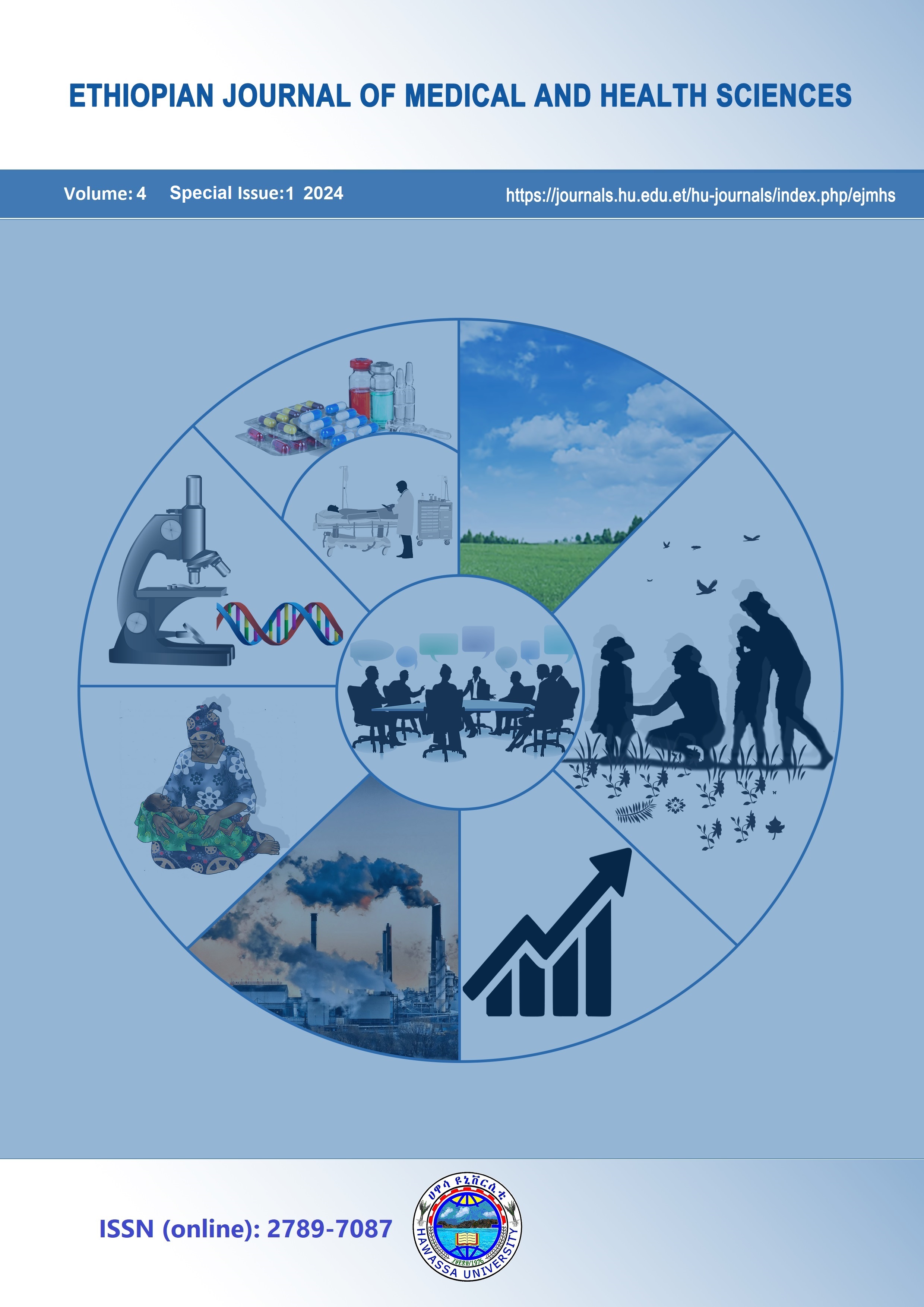Sustainability of Health Information System Changes in Capacity-Building and Mentorship Programs: A qualitative analysis of Barriers and Facilitators in the Targeted Woredas of Southern Ethiopia
DOI:
https://doi.org/10.82127/b07qaa94Keywords:
Health Information System; Sustainability; Facilitators; Barriers; Implementation Science; Mentors; EthiopiaAbstract
Introduction: Although Ethiopia has made great progress in putting health information systems (HIS) in place, and short-term achievements in HIS are documented, the influence of contextual factors such as infrastructure and leadership, and program design such as mentorship continuity on the sustainability of HIS remains underexplored. This study aimed to explore barriers and facilitators for the sustainability of changes in health information system implementations among health facilities in Woredas targeted by the Capacity-Building and Mentorship Program in southern Ethiopia.
Method: A phenomenological design was employed in health facilities of Woredas in the Southern Ethiopia Region from September 23 to November 20, 2021. Data were collected through in-depth interviews with 44 key informants and three focus group discussions involving 19 participants. Purposive sampling was used, and data analysis was conducted using the Consolidated Framework for Implementation Research (CFIR) model, focusing on four domains: outer setting, inner setting, individual characteristics, and processes. The analysis was performed using ATLAS.ti Version 17.
Results: The study explored both facilitators and barriers to the sustainability of HIS in four CFIR domains. In the outer setting, external support and existing policy systems emerged as facilitators, while electric power and network interruptions and a shortage of standardized medical recording tools were barriers. Within the inner setting, organized institutional structure, effective leadership, and capacity-building activities were facilitators, but negligence, dissatisfaction, and negative attitudes among staff were noted as barriers. At the individual level, knowledge and willingness to engage with HIS were facilitators; resistance and lack of commitment were barriers. In the process domain, regular supportive supervision, mentorship, and review meetings were facilitators, but irregularities in monitoring and evaluation were barriers.
Conclusion: The study explored that external support, strong policies, leadership, and regular supervision contribute to HIS sustainability, but challenges like power outages, resource shortages, staff resistance, and inconsistent monitoring hinder progress. Addressing resource gaps, improving staff training and motivation, and ensuring consistent monitoring are important to sustain HIS activities.

